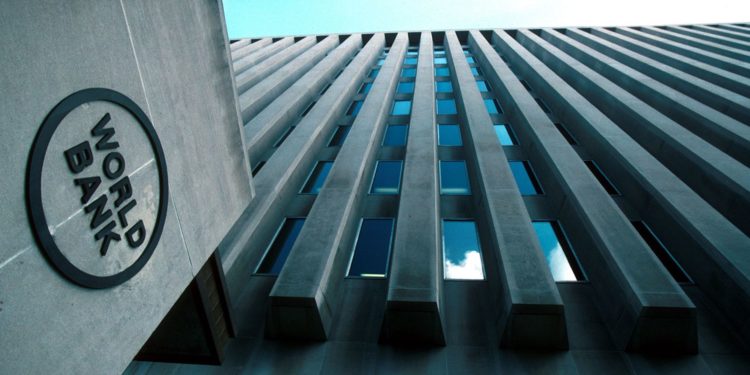In April we estimated that COVID-19 is pushing between 40 and 60 million into extreme poverty. Since then, the epicenter of the pandemic has shifted from Europe and North America to the global south. This has increased the death toll in low- and middle-income countries, induced longer shutdowns, and increased the economic costs of the pandemic. As a result, our estimates of the impact of the virus on global poverty have shifted as well.
Using the newly launched growth forecasts of June from the Global Economic Prospects, we can update the estimate of the pandemic’s impact on global poverty. The new growth forecasts contain two scenarios—baseline and downside—allowing us to explore two different scenarios for how the pandemic may impact poverty. The baseline scenario assumes that the outbreak remains at levels currently expected and that activity recovers later this year, while the downside scenario assumes that outbreaks persist longer than expected, forcing lockdown measures to be maintained or reintroduced. Should the downside scenario materialize, vulnerable firms would exit markets, vulnerable households would sharply reduce consumption, and several low- and middle-income countries would see heightened financial stress. The baseline scenario has global growth contracting by about 5% in 2020 while the downside scenario presents a global growth contraction of 8% in 2020.
Utilizing the same method as in our last post, we estimate the impact of COVID-19 on poverty by comparing poverty projections that use the new GDP forecasts with poverty projections that use the GDP forecast before COVID-19 took off, in this case the GEP forecasts from January. Under the baseline scenario we estimate that COVID-19 will push 71 million into extreme poverty , measured at the international poverty line of $1.90 per day. With the downside scenario, this increases to 100 million.
Projecting what happens in 2021 and beyond comes with even more uncertainty. The GEP forecasts expect that global economic output will increase by about 4% in 2021, yet our poverty forecasts suggest that the number of people living in extreme poverty will be broadly unchanged between 2020 and 2021. How can that be? A lot has to do with the growth rates of the countries with the most poor. Nigeria, India, and the Democratic Republic of Congo — three countries which we project are home to more than a third of the world’s poor—are predicted to have per capita growth rates in real GDP of –0.8%, 2.1% and 0.3%, respectively. With population growth rates of 2.6%, 1.0% and 3.1% this is hardly enough for sustainable decreases in the poverty headcount.
In the last blog we suggested that Sub-Saharan Africa might be hit hardest. The new GEP forecasts give a particularly sobering picture for India, which is home to many of the world’s poor. As a result, though the picture is broadly unchanged for Sub-Saharan Africa compared to our last update, South Asia may see a larger increase in the number of poor as a result of COVID-19. A big caveat to this finding is that the latest poverty estimates we have from India are from 2011-12. This makes it very difficult to get an accurate picture of poverty there before the pandemic took off, let alone a picture of poverty today.
At higher poverty lines, the regional distribution of the added poor changes markedly. Of the 176 million people expected to be pushed into poverty at the $3.20 poverty line under the baseline scenario, two-thirds are in South Asia. Of the 177 million expected to be pushed into poverty at $5.50, many newly poor are in East Asia & the Pacific, and few are in Sub-Saharan Africa, simply because few people there have living standards at this level.
Note that the number of new poor at $1.90 is not a subset of the new poor at higher poverty lines. If someone in Sub-Saharan Africa sees their daily income fall from $2.00 to $1.50 as a result of COVID-19, they will be an added poor person at the $1.90 line but not at the $3.20 line, where they were counted as poor both before and after the pandemic.
As we expressed last time, and as these revised estimates make clear, poverty projections carry a lot of uncertainty and are likely to develop further as more information becomes available and as the pandemic develops. More analysis on how the numbers change with changing growth rates, inequality, and assumptions about how economic growth translates into poverty reduction is available in a working paper. In that working paper, we also look at what all of this means for our ability to meet the first target of the first Sustainable Development Goal – to end extreme poverty by 2030.
1 We measure the impact of COVID-19 on poverty as the difference in millions of poor in 2020 with the two growth vintages, to which we subtract the difference in millions of poor in 2019 with the two growth vintages. The latter assures that changes in poverty due to revisions to 2019 growth rates, which cannot have been due to COVID-19, are not driving the results. Here, this becomes (684-595)-(632-614) =71 million.










